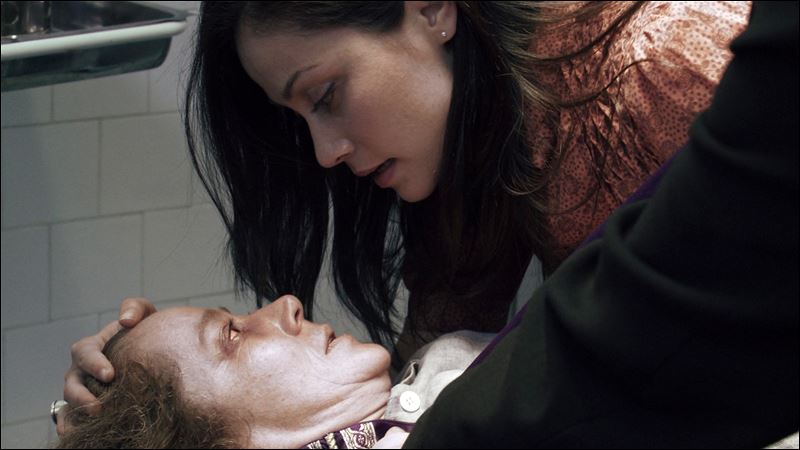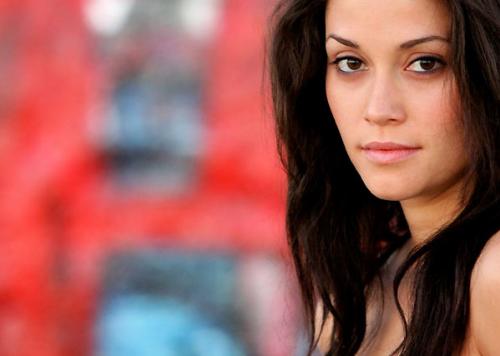The inauguration marked the formal culmination of the Presidential transition of Dilma Rousseff that began when she won the Brazilian presidential election on October 31, 2010, and became the President-elect. The results were certified by the Supreme Electoral Court on December 17, 2010.
Dilma, who campaigned using the slogan "For Brazil to keep on changing", was widely-celebrated as the first female president of Brazil and a symbol of continuity from her highly popular predecessor, Luiz Inácio Lula da Silva. According to the Sensus polling institute, Lula might have been the most popular head of state in the world. Approved by 87% of Brazilians at the end of his term, his popularity level beat those of Michelle Bachelet (84%), Nelson Mandela (82%), and Tabaré Vázquez (80%) in their respective home countries. According to David Rothkopf, she inherited "a country with very high expectations", once Lula had "overseen an economic boom, major social reforms and the elevation of Brazil's standing to the top ranks of nations in the world".
Dilma, who campaigned using the slogan "For Brazil to keep on changing", was widely-celebrated as the first female president of Brazil and a symbol of continuity from her highly popular predecessor, Luiz Inácio Lula da Silva. According to the Sensus polling institute, Lula might have been the most popular head of state in the world. Approved by 87% of Brazilians at the end of his term, his popularity level beat those of Michelle Bachelet (84%), Nelson Mandela (82%), and Tabaré Vázquez (80%) in their respective home countries. According to David Rothkopf, she inherited "a country with very high expectations", once Lula had "overseen an economic boom, major social reforms and the elevation of Brazil's standing to the top ranks of nations in the world".




















No comments:
Post a Comment